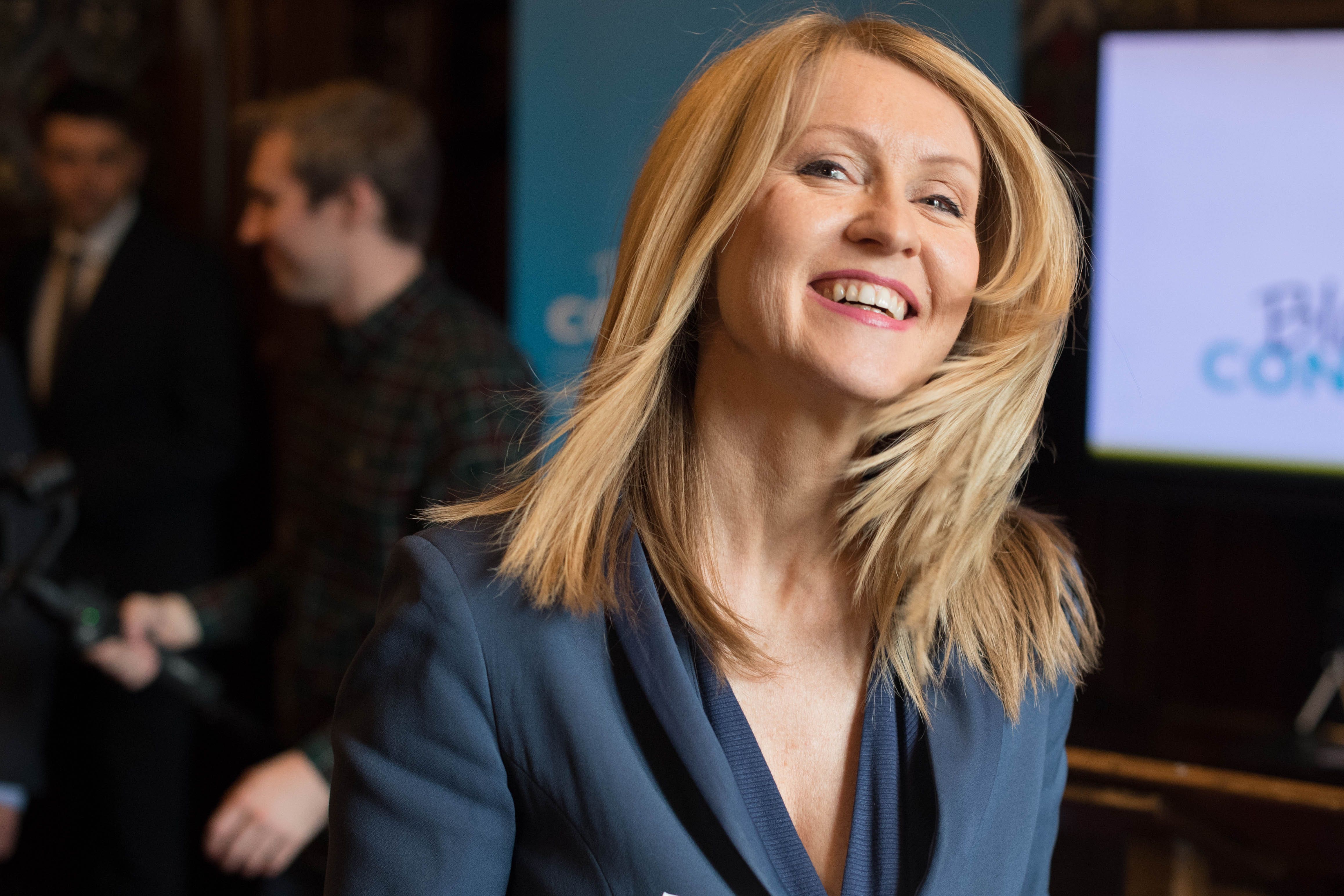McVey: Schools and universities should remain open in national emergencies
The former Cabinet minister said that school closures during the pandemic had been a ‘disaster’.

Your support helps us to tell the story
From reproductive rights to climate change to Big Tech, The Independent is on the ground when the story is developing. Whether it's investigating the financials of Elon Musk's pro-Trump PAC or producing our latest documentary, 'The A Word', which shines a light on the American women fighting for reproductive rights, we know how important it is to parse out the facts from the messaging.
At such a critical moment in US history, we need reporters on the ground. Your donation allows us to keep sending journalists to speak to both sides of the story.
The Independent is trusted by Americans across the entire political spectrum. And unlike many other quality news outlets, we choose not to lock Americans out of our reporting and analysis with paywalls. We believe quality journalism should be available to everyone, paid for by those who can afford it.
Your support makes all the difference.Education settings such as schools and universities should be classed as “essential infrastructure” to ensure they can stay open during national emergencies, Conservative former Cabinet minister Esther McVey told the Commons.
The Tory MP and GB News presenter said that closures during the pandemic had been a “disaster”.
She was speaking in the Commons as MPs put questions to education ministers.
In response, Education Secretary Gillian Keegan noted schools stayed open during the pandemic to continue teaching certain children in person, and said the Government always seeks to minimise disruption to education in emergency situations.
Schools in England were closed to most pupils for extended periods as part of the Government’s response to the Covid-19 pandemic in 2020 and 2021.
Ms McVey, asking about absent pupils, told the Commons: “Shutting schools during Covid lockdown was a disaster for children and their mental health, and has led to an explosion in severely absent rates.
“Will (the Education Secretary) make sure this cannot happen again by classifying all education settings, including schools, colleges and universities as essential infrastructure to ensure they remain open during national emergencies?”
Education Secretary Gillian Keegan said: “Schools were not shut during lockdowns, many of our fantastic teachers were still teaching key cohorts supporting our NHS and the most vulnerable such as those with special educational needs.
“But I do fully share her concerns on the impacts the pandemic has had on attainment, attendance and mental health, and she knows we are working really hard to recover, making almost £5 billion available for recovery.
“I can assure (Ms McVey) we will always seek to minimise the disruption to education in emergency situations, and I’m sure that we all have a lot to learn from the experience during the last pandemic and the impact that had on children and… the decisions that we took that were led by medical advice.”
Conservative Robert Halfon, now an education minister, argued in 2021 when he was a backbencher to classify education settings as “national infrastructure” to prevent future shutdowns. His proposal would have required Parliament to approve any closures.
Elsewhere in the Commons session on Monday, Conservative chairman of the Commons’ Education Committee Robin Walker said “a real drive to reduce persistent and increase attendance” in schools “would be welcome”.
He called on the Government to “rapidly adopt” his Tory colleague Flick Drummond’s (Meon Valley) private member’s bill for a register of home-schooled children.
Ms Keegan said: “My department remains committing to legislating for statutory local authority registers of children not in school, and will do so at the next suitable legislative opportunity when parliamentary time allows.”